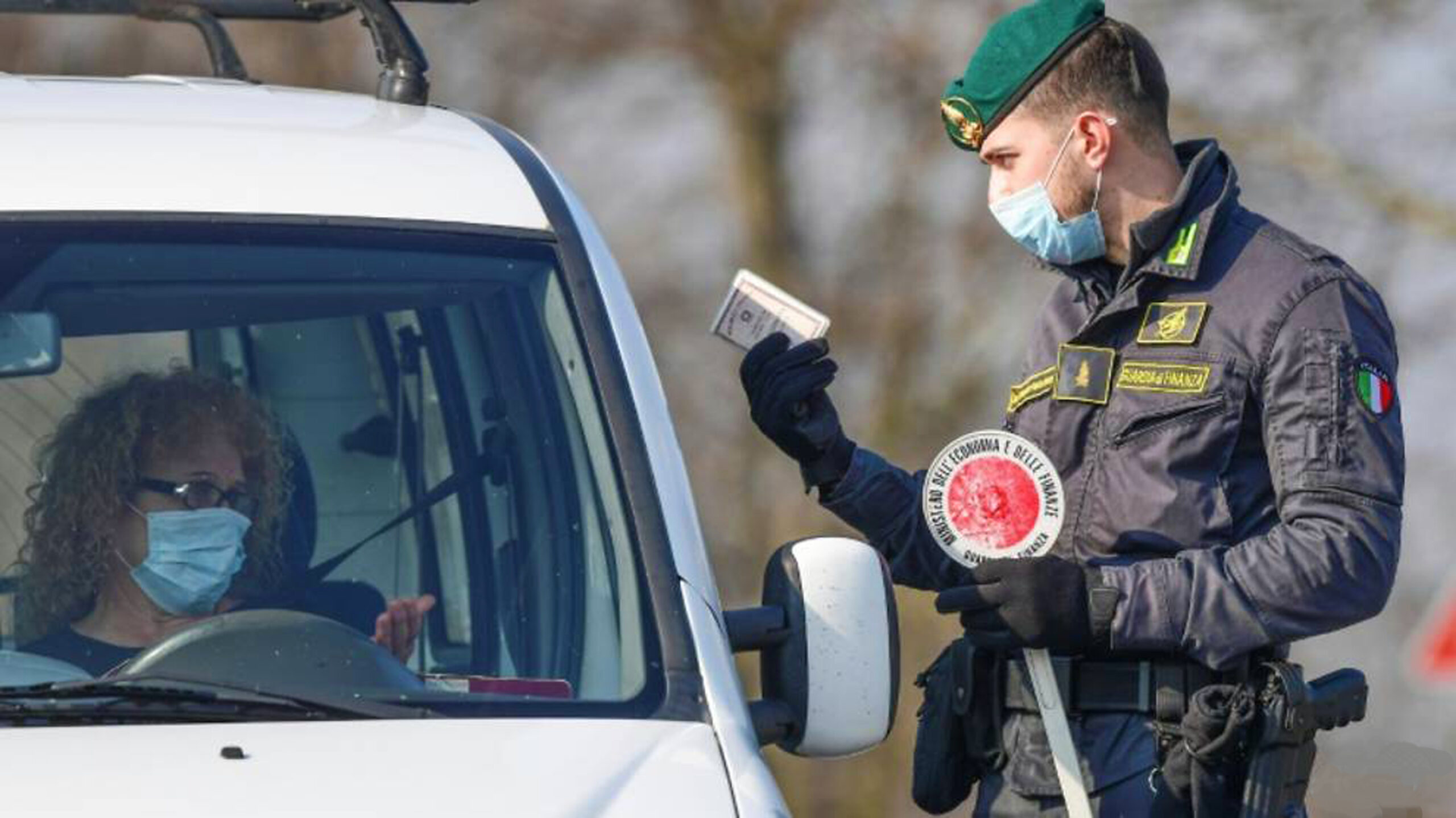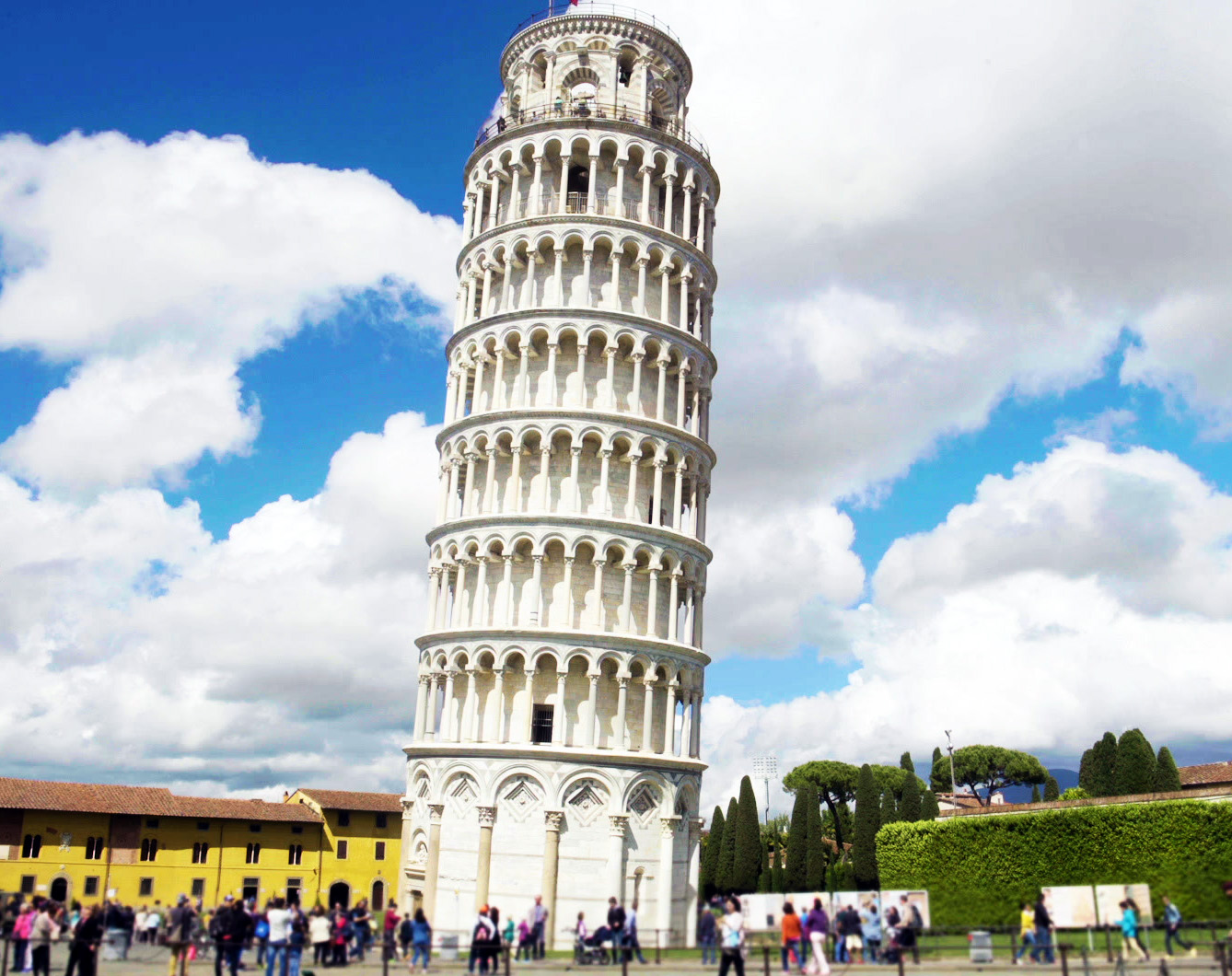The coronavirus outbreak continues to spread globally, sparking a total lockdown across Italy and emergency measures worldwide, as markets around the world have seen trillions of dollars lost in a matter of days. The market’s wild swings are indicative of just how deeply investor anxieties run.
The virus, known as Covid-19, has now infected over 100,000 people worldwide, resulting in more than 4,000 deaths. The majority of these cases are in mainland China, where the outbreak first emerged, but as the rate of infection has been slowed in that country, the virus is now wreaking havoc elsewhere. Italy has found itself at the forefront of the global fight against the virus, which only surfaced in the country eight weeks ago. It has now spread to all 20 Italian regions.
In an unprecedented move, all of Italy and its 60 million residents have been placed under lockdown, as part of a raft of sweeping quarantine measures intended to contain the outbreak. This measure came after the northern region of Lombardy and 14 other provinces had been placed under lockdown. This latter decree extended the restrictions across the entire country, as the virus continues to spread throughout Italy and mainland Europe. It represents the greatest limitation imposed on travel since the Second World War.
The drastic measures include blanket travel restrictions, a ban on all public events, the closures of schools and public spaces such as movie theaters and the suspension of religious services, including funerals and weddings.
To enforce the movement ban, military police, railway police and health workers are carrying out checks on transportation sites including highways and train stations. The lockdown may help to slow the virus from spreading further, but some are worried that the measures may not be enough, given the speed at which the outbreak occurred.
The coordinator for intensive care in the crisis unit for the Lombardy region described the area’s health care system as “one step from collapse,” despite efforts to free up hospital beds. “We are now being forced to set up intensive care treatment in corridors,” Antonio Pesenti said. “We’ve emptied entire hospital sections to make space for seriously sick people.”
He described seeing “a tsunami of patients,” adding that there could be 18,000 patients in area hospitals by the end of March if the virus continues to spread.
It is well worth remembering the according to the World Health Organization, more than 80% of those who contract the virus recover without ANY special treatment. About one in six become ill to the point where they experience difficulty breathing. Older people and those with underlying medical problems, such as high blood pressure, heart problems or diabetes, are more likely to have the virus develop into a serious illness.
The new restrictions have created surreal scenes in Italy’s most populated areas. As the sun shines brightly during the midday in Rome, the Colosseum is deserted and the normally teaming piazzas are empty. No one has tossed a coin in the Trevi Fountain for days. Empty gondolas bob in the canals as Venetians quietly go about their day, making sure to keep at least three feet away from anyone else. In Milan’s Galleria, stores are open on weekdays.
Bars and restaurants throughout the country are only permitted to be open until 6:00 pm, but tables have to be placed one meter from one another. Supermarkets are controlling the number of people who enter at one time and although there was initially a surge to buy staple items such as bottled water, toilet paper and cleaning supplies, the resiliency of the Italian people showed through. Although there is a pervasive sense of unease, nearly everyone took it in sullen stride.
After news of an impending lockdown in the north was leaked, some individuals packed their bags and fled, but most simply stayed where they were. To reinforce the seriousness of the measures, Italy’s interior ministry stated that anyone who disregards the lockdown risks at least three months in jail and a fine of $250. Only people with specific reasons that cannot be postponed are permitted to travel in or out of the quarantine zones, such as urgent work or family issues. These restrictions cover all 20 regions of the country.
Multiple airlines have suspended service to Italy and the Italian police have set up controls at train stations to check people’s temperatures. They are also stopping all cars on main roads in and out to verify the reason for travel. Cruise ships will be forbidden from docking in Venice and only passengers who are residents of the lagoon city will be allowed to disembark.
The new rules went into effect shortly after the news broke that the number of people infected had jumped by over 1,200 in a 24-hour period. It was leaked to the press the evening before the government made the announcement, causing a furor among leading medical experts. Massimo Galli, the head of a team of doctors from the Biomedical Research Institute in Milan who managed to identify the Italian strain last month, described the leak as a “disastrous communication error” and “absolute idiocrasy.”
Italian virologist Roberto Burioni described the leak as “pure madness.” “The draft of a very harsh decree is leaked, sparking panic and prompting people to try and flee the theoretical red zone, carrying the virus with them,” he said on social media.
Amid the increasing figures of cases and the struggles that the health system is facing, social media was also filled with positivity. There were posts to update friends and relatives abroad that told of gardening, walks and catching up on spring cleaning, but the economic fallout is already being felt.
It has been a difficult winter for Venice. First came the floods, prompting the cancellation by many visitors who expected that it would take some time for the city to recover. Ironically, the word quarantine comes from the Venetian dialect, but that was during an era when the city-state depended upon trade. Now it is a city that depends on tourism, but its streets and canals are devoid of travelers.
The restrictions will take a significant toll on Italy’s economy. Italian tourism representatives warned last month that $260 million in bookings had been canceled since the outbreak was first announced. Now the number increases daily as the virus spreads in other countries. Even if Italy’s outbreak is contained by early April, with the country returning to a healthy state within weeks thereafter, the knock-on effect as the virus reaches a peak in other places means that the tourist season which begins in the spring is all but erased and the prospects for recovery in the summer are quite dim. It is too early to predict where all of this will lead in the next months, but it is clear that once this world-wide panic subsides, the warm and inviting people of Italy will be delighted for travelers to return.





